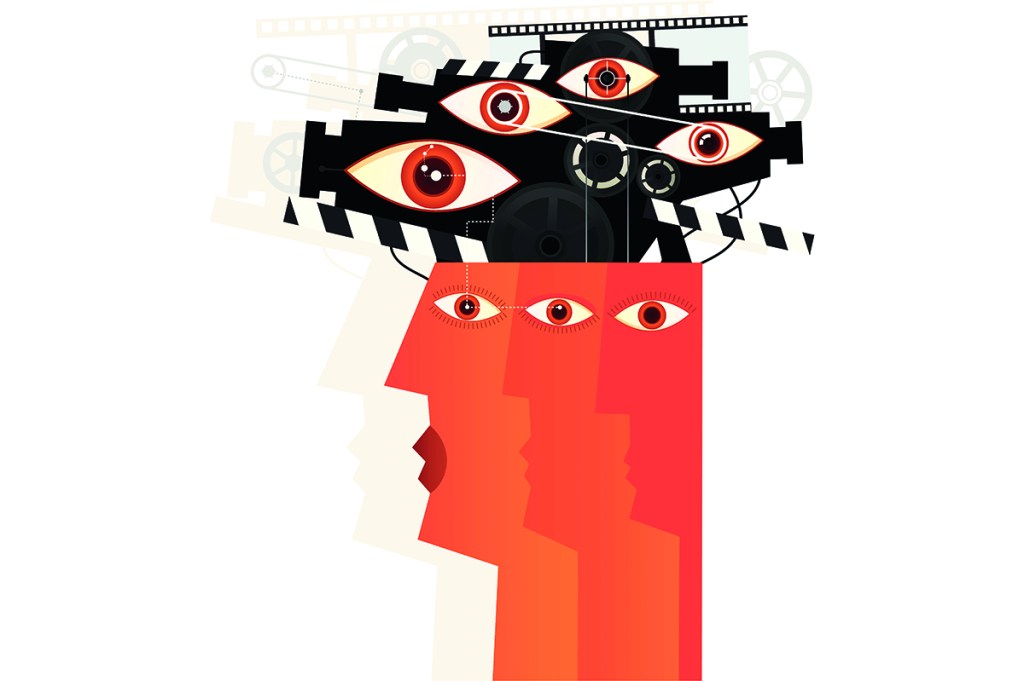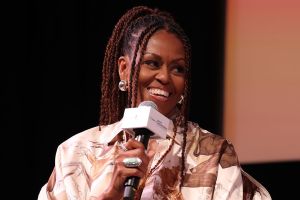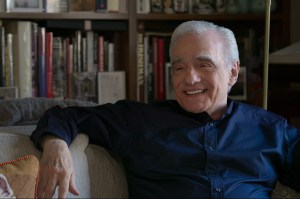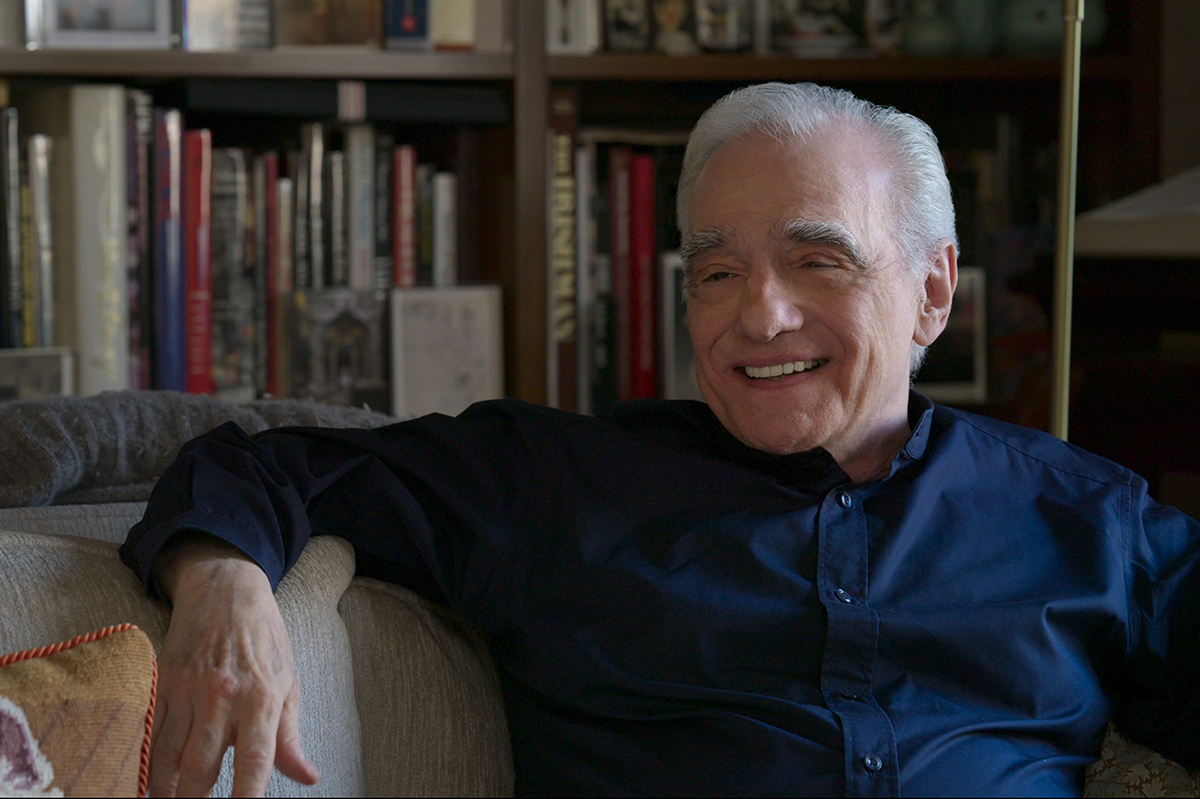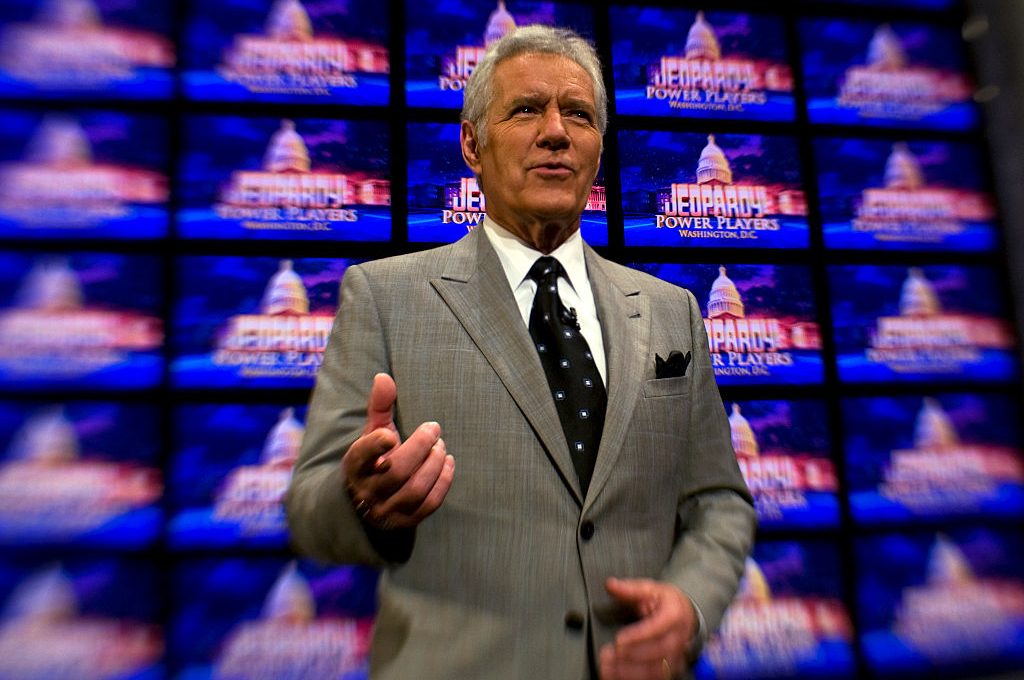If a single television genre defines the twenty-first century so far, it is the reality show. These relatively low-budget and therefore lucrative unscripted programs often feature people competing to survive in the most hostile environments imaginable — and those are just the series about the Kardashian family. Many such shows are lowbrow entertainment at its most bingeable, the visual equivalents of a bag of potato chips: “I can’t believe I watched the whole thing.”
Danielle J. Lindemann, a sociology professor at Lehigh University and an avid reality television fan, would probably agree with at least some of that description, but she would add that these shows are also quite instructive. Her purpose in True Story: What Reality TV Says About Us is twofold: to introduce lay readers to the basic concepts and methods of her academic discipline, and to demonstrate that reality television is not merely a guilty pleasure but an important reflection of our culture.
Each of the book’s chapters focuses on a different social element: the self, families, childhood, race, class, gender and others. The stars are a broad range of shows from a genre that has dominated television over the past twenty years: The Real World, various entries in the Real Housewives franchise, Here Comes Honey Boo Boo and many others. (Notable snubs include The Amazing Race and American Idol.) Guest stars include foundational thinkers in her discipline, such as Karl Marx, Michel Foucault and Judith Butler.
Lindemann argues that reality television “exposes” or “reveals” (there are more reveals in this book than in an Extreme Makeover: Home Edition marathon) that much of what orders our lives is a mere social construct, a fiction with no inherent or natural backing. RuPaul’s Drag Race shows that gender is a construct. Undercover Boss shows that class is a construct. The Real Housewives of Atlanta shows that race is a construct. (Have you noticed that the people who most insist that race is a construct are the ones who are most adamant about capitalizing Black, but not white or brown?) There is no such thing as a truth or an enduring, objective standard. The operating principle of this approach is that if one is able to identify the source or reason for a deeply held belief, then the belief itself is illegitimate or compromised.
She takes this argument to absurd lengths toward the end, when she uses as an example of people who “run amok of our norms” (I think she means “run afoul”) a reality show personality who eats pillows. Yes, the social stigma attached to eating home furnishings may be a social construct — but does that make it unreasonable or oppressive? Elsewhere, the claim that “the concepts of ‘skill’ and ‘talent’ are social constructions, presuming excellence at tasks that are socially valued” is better made in a freshman dorm than a lecture hall.
Another of the book’s recurring claims is that for all their outrageous drama, reality shows accurately reflect broader social forces and values, and these tend to be quite conservative. (She insists that sociologists do not judge, yet she refers to many American cultural norms as “retrograde,” which is certainly not a neutral term — and also an inapt one when applied not to a reversion to a value of a previous time, but the continuance of that value through time, which is what she means.)
A lesson to be learned from the Kardashian family, for example, is that “contrary to our cultural anxieties about the decline of family values, in no way are families in jeopardy.” A student in the back of the room might point out that Kim Kardashian has been married and divorced three times; her mother has been married and divorced two times; her mother’s ex-husband was married and divorced three times and now goes by Caitlyn. If the Kardashians are any indication, families may be intact, but they are far from stable.
Lindemann has probably forgotten more about reality television than I’ll ever know, but I was surprised by some of her omissions. She notes the relative absence of Asians on reality television, but her short list omits Yul Kwon, who’s considered one of the most significant winners on Survivor, and Julie Chen, who’s hosted Big Brother since 2000. The chapter on gender emphasizes how the shows and their viewers tend to embrace aggressive white men, particularly mean judges like Simon Cowell and Gordon Ramsay — not even the meanest female judges, like Janice Dickinson of America’s Next Top Model, are as tough. But she’s too dismissive of the frequent moments when overly aggressive men are shot down. Case in point: she spends quite a bit of time discussing The Real World: San Francisco, yet never mentions Puck, who was thrown out of the house for his misbehavior. (Speaking of The Real World, when she mentions the political career of Sean from the Boston edition, she forgets to mention that he served in Congress for more than eight years.)
Although many of Lindemann’s arguments are predictable, they are frequently thought-provoking, especially when she reflects on the presidency of a former reality television star. The book is indeed a useful introduction: to sociology, as well as to some of the central tenets of academic intellectual culture and how they challenge — some might say undermine or subvert — the norms and values of a society.
This article was originally published in The Spectator’s February 2022 World edition.



